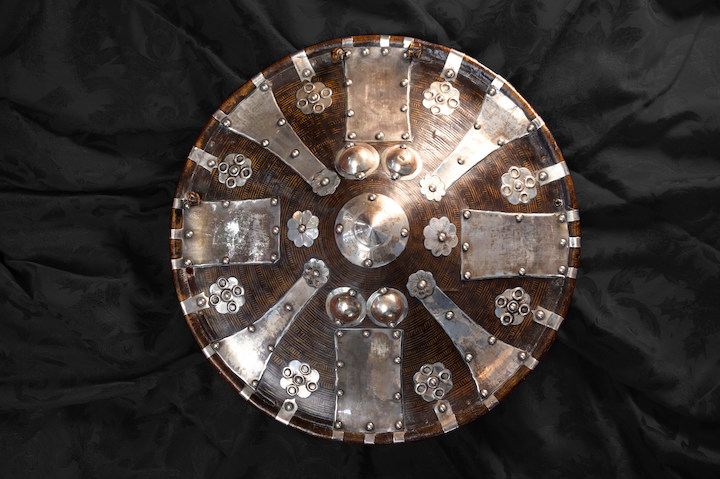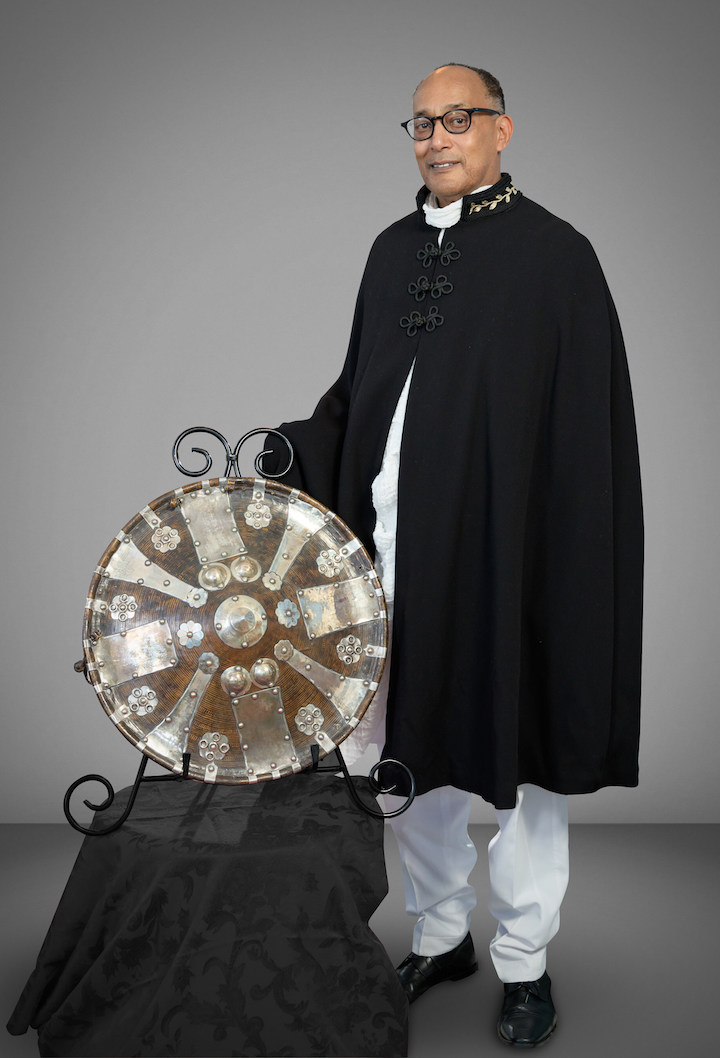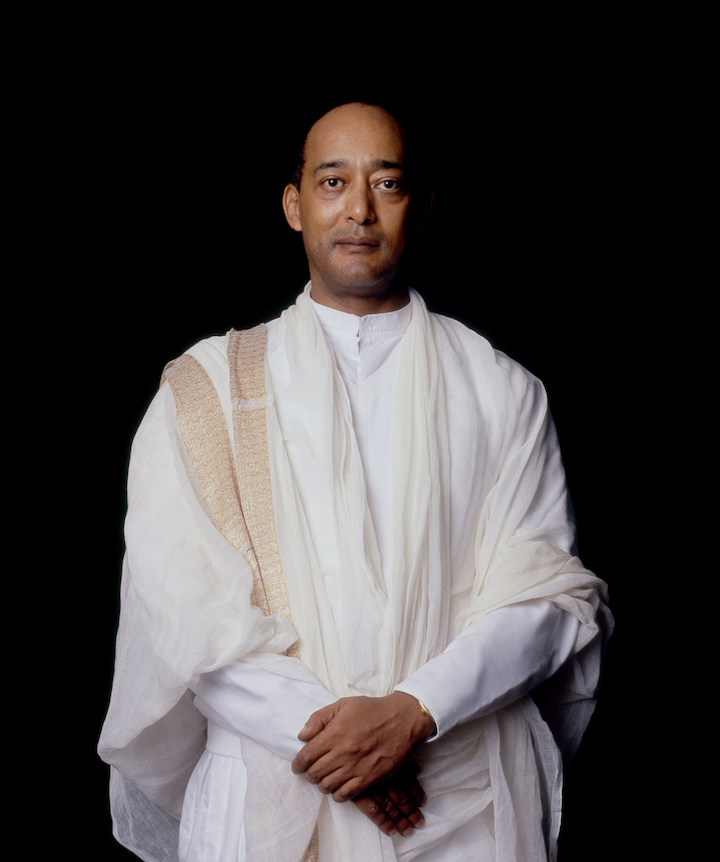In a landmark victory for cultural preservation and historical justice, the Royal Ethiopian Trust (RET) has announced the successful repatriation of the Shield of Magdala, a 19th-century artefact looted during the Battle of Magdala in 1868. This ornate shield, a powerful symbol of Ethiopia’s resilience and heritage, was returned through collaborative efforts between RET, the Ethiopian government, and key international allies.
The Shield of Magdala had been slated for public auction earlier this year at the UK-based Anderson & Garland auction house. However, after pressure from Ethiopian authorities and strategic negotiations led by RET, the shield was withdrawn and prepared for its journey back to Ethiopia. This significant achievement highlights the growing global movement to address the cultural losses of colonized nations and repatriate stolen treasures.
A Symbol of Ethiopia’s Resilience
“The Shield of Magdala is not just a historical artefact,” said Prince Ermias Sahle-Selassie Haile-Selassie, founder of the Royal Ethiopian Trust and grandson of Emperor Haile Selassie I. “It is a testament to Ethiopia’s history, sovereignty, and the resilience of our people. Its return represents not only the recovery of a treasure but also the restoration of dignity to our nation.”
The shield, crafted from circular leather with intricate silver mountings, bears the engraved date “13th April 1868” to commemorate the Battle of Magdala. This clash marked the end of Emperor Tewodros II’s reign, a ruler who chose death over capture as British forces overtook his mountain fortress. The aftermath saw British troops looting invaluable cultural items, including ceremonial crosses, crowns, and weapons—artefacts of deep spiritual and cultural significance for Ethiopia.
The Role of the Royal Ethiopian Trust
Founded by Prince Ermias, the Royal Ethiopian Trust is a U.S.-based nonprofit organization dedicated to preserving Ethiopia’s rich cultural heritage while empowering its future. Operating on four fundamental pillars—education, entrepreneurship, preservation of imperial heritage, and support for the Ethiopian Crown—the RET serves as a unifying force for Ethiopians at home and abroad.
This latest repatriation effort underscores the RET’s commitment to protecting Ethiopia’s cultural legacy. Under Prince Ermias’s direction, the Trust worked closely with British historian Alula Pankhurst to secure the shield’s return. Pankhurst, the grandson of Ethiopian ally and activist Sylvia Pankhurst, shared the Prince’s vision for safeguarding Ethiopia’s heritage.
“It has been an honour to collaborate on this important mission,” said Pankhurst. “This shield embodies the spirit of Ethiopia, and returning it to its rightful home is a continuation of my family’s enduring dedication to the Ethiopian people.”
A Journey Home
Before its final return to Ethiopia, the Shield of Magdala will be displayed at the Toledo Museum of Art in Ohio from October 4 to October 27 as part of the “Ethiopia at a Crossroads” exhibit. This temporary exhibition offers a unique opportunity for global audiences to engage with Ethiopia’s rich cultural narrative. By November, the shield will take its place in the National Museum of Ethiopia, where it will be preserved as a testament to the nation’s enduring history.
The RET’s Vision for Ethiopia’s Future
The Shield of Magdala’s return is emblematic of the Royal Ethiopian Trust’s broader mission. “The RET is about uniting Ethiopia’s past and future,” said Deacon Solomon Kibriye, President of the RET. “We are committed to empowering the next generation while honouring the legacy of those who came before us. This is not just about artefacts; it’s about identity, pride, and progress.”
In addition to its cultural preservation work, the Trust emphasizes education and entrepreneurship to ensure Ethiopia’s youth are equipped for a prosperous future. By fostering innovation and safeguarding heritage, the RET serves as a bridge between Ethiopia’s illustrious past and its boundless potential.
As the Shield of Magdala returns to its rightful home, it carries with it a renewed sense of pride and unity for Ethiopia. This repatriation is more than a victory for cultural preservation—it is a reclaiming of history and identity. Through the efforts of the Royal Ethiopian Trust and its partners, Ethiopia continues to demonstrate its unwavering commitment to safeguarding its heritage and inspiring its people to look boldly toward the future.









